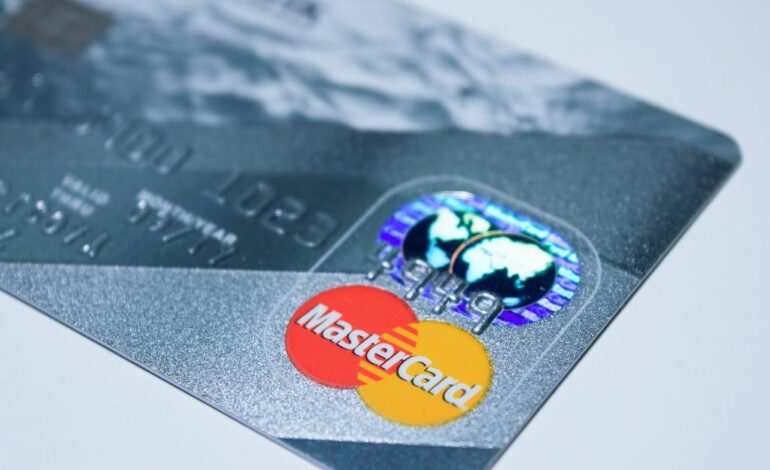Understanding Credit Card Interest Rates and Fees

Credit cards can be useful tools for managing money and building credit, but they can also lead to debt if you’re not careful. Understanding credit card interest rates and fees is essential to using your card wisely and avoiding unexpected costs. Here’s a simple guide to help you navigate this often confusing topic.
What Is Credit Card Interest?
Credit card interest is the cost of borrowing money on your card. When you don’t pay off your balance in full each month, the bank charges you interest on the remaining amount. This interest is usually expressed as an annual percentage rate (APR), which can vary depending on your creditworthiness and the card issuer.
Types of Interest Rates
There are different types of APRs to be aware of. The standard APR is the interest rate applied to regular purchases. There’s also a cash advance APR, which is often higher and applies when you withdraw cash using your credit card. Additionally, some cards offer promotional rates for a limited time, but it’s crucial to know when these rates expire.
How Is Interest Calculated?
Interest on credit cards is typically calculated using the average daily balance method. This means the issuer adds up your balance each day, divides it by the number of days in the billing cycle, and applies the APR to that average. This can lead to higher interest charges if you carry a balance over several months.
Understanding Fees
Apart from interest, credit cards come with various fees that can increase your costs. Common fees include annual fees for card membership, late payment fees for missed deadlines, and over-limit fees if you exceed your credit limit. Some cards also charge foreign transaction fees for purchases made outside your home country.
How to Avoid Interest and Fees
To avoid paying interest, aim to pay off your full balance each month before the due date. Set up reminders or use auto-pay features to ensure timely payments. Additionally, read the fine print before signing up for a card to understand its fees and charges clearly.
Importance of a Grace Period
Most credit cards offer a grace period, which is the time between your billing cycle end and the due date. If you pay your balance in full during this period, you won’t incur interest on new purchases. Knowing your grace period can help you manage payments more effectively.
Use Credit Responsibly
Finally, always use your credit card responsibly. Avoid making unnecessary purchases and keep your balance low relative to your credit limit. This not only helps you avoid interest and fees but also positively impacts your credit score.
By understanding credit card interest rates and fees, you can make informed decisions that help you manage your finances better. Being proactive and responsible with your credit card use can lead to long-term financial success.







